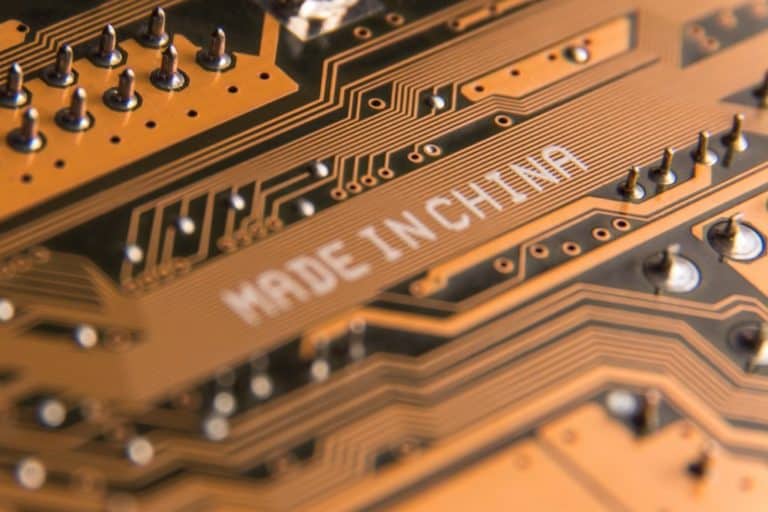The United States is asking allies in Europe to stop purchasing network equipment from Huawei, China. The hope is that a subsidy for companies and governments to buy equipment from other companies will make them change their minds. For example, the U.S. government intends to enforce its ban on Chinese network equipment.
That’s what The Wall Street Journal reports today. The American government has asked its allies to stop purchasing Chinese network equipment as soon as possible. Networks in the Benelux and elsewhere do make use of it, and the Americans believe that these networks are less secure as a result.
Installing rear doors
The Americans, Australians and other countries fear that Chinese residences will be obliged to build back doors into the network equipment and software. That way it’s easier to spy on them. Also, the Chinese 5G networks would be easier to crack for the Chinese government, making countries more vulnerable to cyber attacks.
The Wall Street Journal does not mention all countries, but specifically Germany, Italy and Japan. But also in the Netherlands there has been a lot of comment on the role of the Chinese government in the country’s companies lately. The fear of some politicians and the security services is that the Chinese government may want to use the C2000 equipment of the police and emergency services to spy.
Yesterday, therefore, GroenLinks and the VVD asked the Minister of Security and Justice to reconsider the tender procedure for the C2000 equipment. The Cabinet reported that it was alert to Chinese espionage and that it was in constant contact with the intelligence services. In any case, there are alternatives for 5G networks: Finnish Nokia and Swedish Ericsson, for example, also supply their own network equipment for 5G networks.
This news article was automatically translated from Dutch to give Techzine.eu a head start. All news articles after September 1, 2019 are written in native English and NOT translated. All our background stories are written in native English as well. For more information read our launch article.